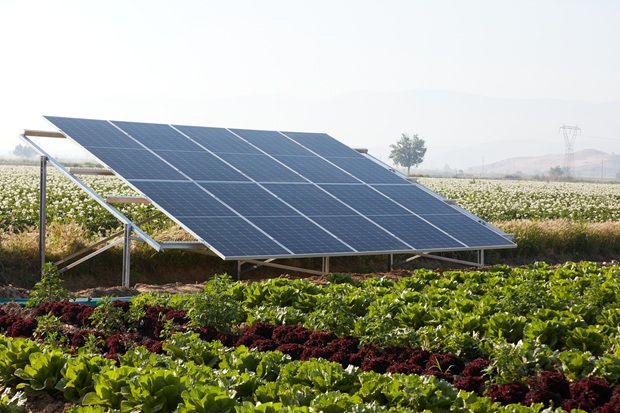In a significant move to revolutionize energy use in Nigeria’s agricultural sector, Olam Agri has partnered with Husk Power Systems to launch a pioneering commercial and industrial (C&I) solar energy project. The initiative, unveiled recently, aims to transform Olam Agri’s rice processing facility in Rukubi, Nasarawa State, by integrating solar energy into agricultural production on a large scale.
At the heart of the project is the deployment of a 1.3 megawatt-peak (MWp) solar photovoltaic system, combined with an 860-kilowatt-hour (kWh) battery energy storage system. This hybrid setup is designed to provide stable, cost-effective, and environmentally friendly power for the facility. The partnership is anchored on a 10-year power purchase agreement, under which Husk Power will supply solar electricity to Olam Agri’s operations, marking a major milestone in Nigeria’s transition to renewable energy in the commercial agriculture sector.

The move aligns with Olam Agri’s broader sustainability objectives, which prioritize reducing carbon emissions, curbing reliance on diesel-powered generators, and embracing cleaner, more resilient energy solutions. Anil Nair, Country Head of Olam Agri in Nigeria, emphasized the company’s long-term commitment to sustainable development and operational efficiency. “By shifting to solar power, we are not only cutting down our diesel consumption but also advancing national and regional energy transition goals,” Nair said.
This strategic energy shift sets a benchmark for other players in the agricultural value chain across Africa, demonstrating that clean energy can power large-scale agribusinesses effectively. For Husk Power Systems, the partnership reinforces its status as a leader in Nigeria’s decentralized renewable energy market. The company aims to scale this model and deploy hundreds of megawatts of solar capacity across key markets in the region over the next few years.
The solar project comes at a time when Nigeria’s C&I solar sector is witnessing accelerated growth, driven by supportive government policies aimed at incentivizing private sector investments in clean energy. This partnership stands out as a bold example of how private enterprise can lead the charge in the fight against climate change, while enhancing energy reliability, reducing operational costs, and contributing to national development targets. With projects like this, Nigeria’s journey towards a cleaner and more sustainable energy future is gaining momentum.

